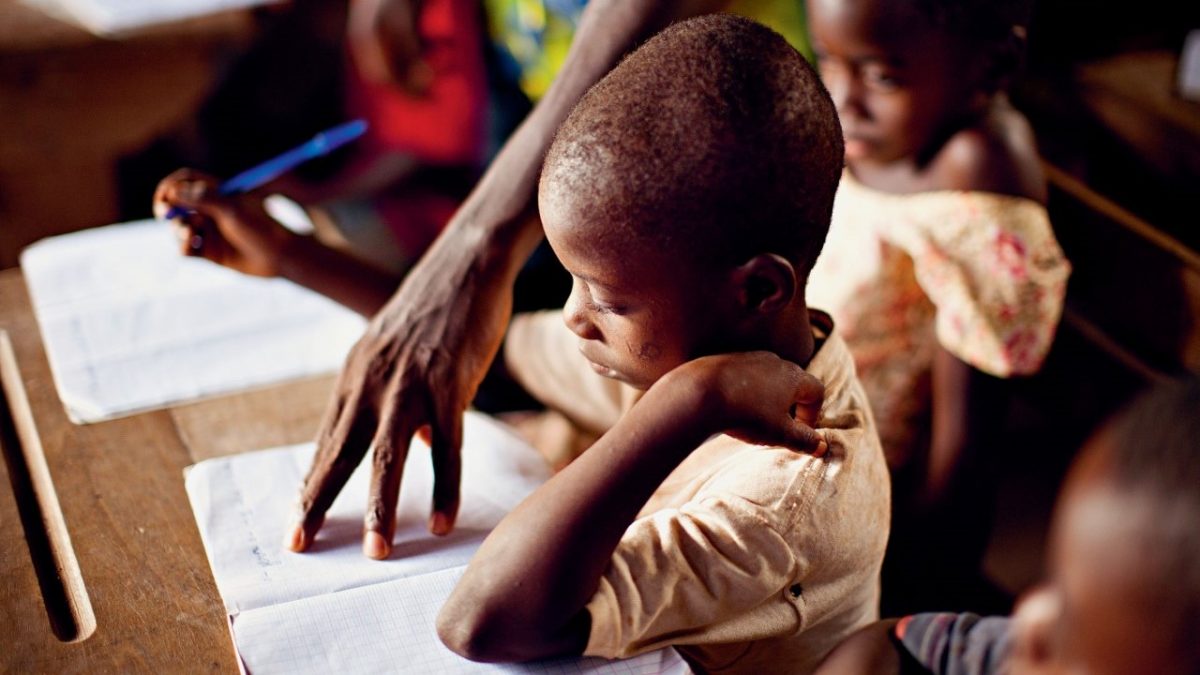According to a report by the International Cocoa Initiative (ICI)*, child labor in Côte d’Ivoire’s cocoa sector increased during the lockdown brought about by the COVID-19 pandemic.


According to a report by the International Cocoa Initiative (ICI)*, child labor in Côte d’Ivoire’s cocoa sector increased during the lockdown brought about by the COVID-19 pandemic.

How much attention do you pay to the impact of your food choices on the environment? Are you willing to cut down on red meat? Is the government doing enough to promote sustainable food? Those are some of the questions several national consumer groups asked to Europeans in a survey spanning 11 countries, coordinated by […]

Since the 1990s, the flower industry too has been globalized. In 2013 the Floriculture Sustainability Initiative (FSI) was set up with the goal that 90% of flowers traded on the international market would come from sustainable farms by 2020. The slow flower movement are tending towards an alternative approach; they are choosing to grow flowers organically and outdoors, and then using short supply chains to deliver them to their customers.

Muungano was coached by the Trade for Development Centre (TDC). After two years of collaboration, Daniel Habamungu, manager of the coffee cooperative, and Belgium’s Raf Van den Bruel take stock of their very valuable experience.

For the Fair Trade Week, the NGO Miel Maya Honing (Maya Honey) launched a gift box celebrating global honey culture. It offers a unique opportunity to sample authentic products and to learn more about their origin and history. Our history…

What brings together farmers from the North and from the South of the globe? Doubtlessly they share more than one would believe at first sight. Beside their love for the land and fight for a fair income, Nathalie and Djakaridja tell us that our food system depreciates the role of farmers, women and men alike.

When September 29 2020, from 9.30 until 13.00WhereWebinar The webinar will be organised in French, Dutch and English. Simultaneous translation into the three languages will be provided. First debate Covid-19, climate change, increasing inequality, destruction of biodiversity, etc. All these themes force us to rethink how we trade and accelerate the ecological and solidary transition our […]

Belgians attach more importance than ever to sustainability when it comes to their food shopping. In addition to an increase (+42%) in the preference for local produce – logical consequence of the health crisis – consumers also indicate a desire to consume more fair trade (+23%) and organic (+14%) products after the crisis.

A report from WFTO, Traidcraft Exchange, University of York and Cambridge University challenges leaders to foster. The report unveils key features of mission-led business models that put people and planet first and provides a direct contrast with profit-primacy businesses.

“The COVID-19 crisis painfully exposed the vulnerabilities of our economy and of unregulated global supply chains… We need to make sure that responsible business conduct and sustainable supply chains become the norm, a strategic orientation for businesses.” says Didier Reynders in a webinar on due diligence.